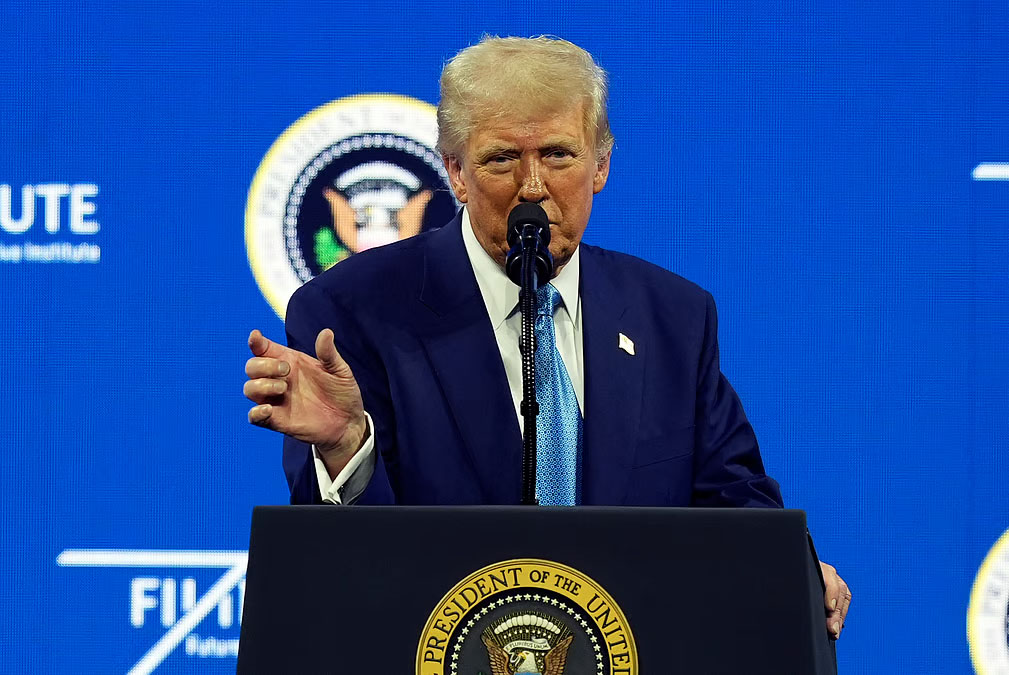Mukesh Ambani, Asia’s richest man and chairman of Reliance Industries, has emerged as one of the biggest beneficiaries of India’s booming imports of discounted Russian crude oil—now a flashpoint in the growing trade tensions between New Delhi and Washington. Operating the world’s largest single-site refinery in Jamnagar, Gujarat, Reliance processes approximately 1.4 million barrels of crude oil daily, with Russian oil accounting for nearly 30 percent of this supply.
India’s pivot to Russian oil began in 2022, after Moscow’s invasion of Ukraine triggered Western sanctions. Pre-war, Indian imports of Russian crude were minimal, but since then, they have soared to nearly $140 billion, according to trade data. In 2024, Reliance struck a 10-year supply agreement with Russia’s state-owned Rosneft for 500,000 barrels per day, increasing to 700,000 barrels daily in 2025. The arrangement has generated substantial windfall gains, with analysts estimating Reliance’s additional profit from discounted crude at $6 billion—part of the $16 billion total extra profits accrued by Indian refiners.
India’s foreign minister, S. Jaishankar, has defended these purchases as a “moral duty” to secure affordable energy for Indian citizens. However, critics note that private refiners, especially Reliance, have reaped outsized benefits by exporting refined products such as diesel and jet fuel to global markets. Reliance maintains that its strong performance is due to its integrated refining and petrochemical business, not solely Russian imports.
The Jamnagar refinery, which contributes around 60 percent of Reliance’s revenue, marked its 25th anniversary this year. Alongside fossil fuel processing, the company announced green energy initiatives, including a gigafactory and large-scale solar projects, as part of its diversification strategy. Notably, the refinery complex was also granted temporary international airport status to accommodate global dignitaries attending the lavish pre-wedding celebrations of Ambani’s son Anant Ambani and Radhika Merchant, highlighting its strategic and logistical capabilities.
These developments come against the backdrop of heightened US-India trade friction. US President Donald Trump recently accused India of indirectly funding Russia’s war effort and imposed 50 percent tariffs on Indian goods—making India one of the most heavily taxed US trading partners. This move has placed both Prime Minister Narendra Modi and Mukesh Ambani at the center of a diplomatic and economic storm. While Modi has remained silent on the tariffs, domestic political and economic pressures are mounting. Fuel prices remain high for Indian consumers, prompting Transport Minister Nitin Gadkari to advocate for ethanol as an alternative fuel source.
Meanwhile, other Indian billionaires, including Gautam Adani, face separate US-related challenges, underscoring the fragile balance between India’s energy security, corporate profitability, and global political scrutiny. For Reliance, its deep involvement in Russia’s oil trade ensures it remains central to India’s energy strategy—while navigating the complex intersection of geopolitics, trade wars, and domestic economic priorities.






















